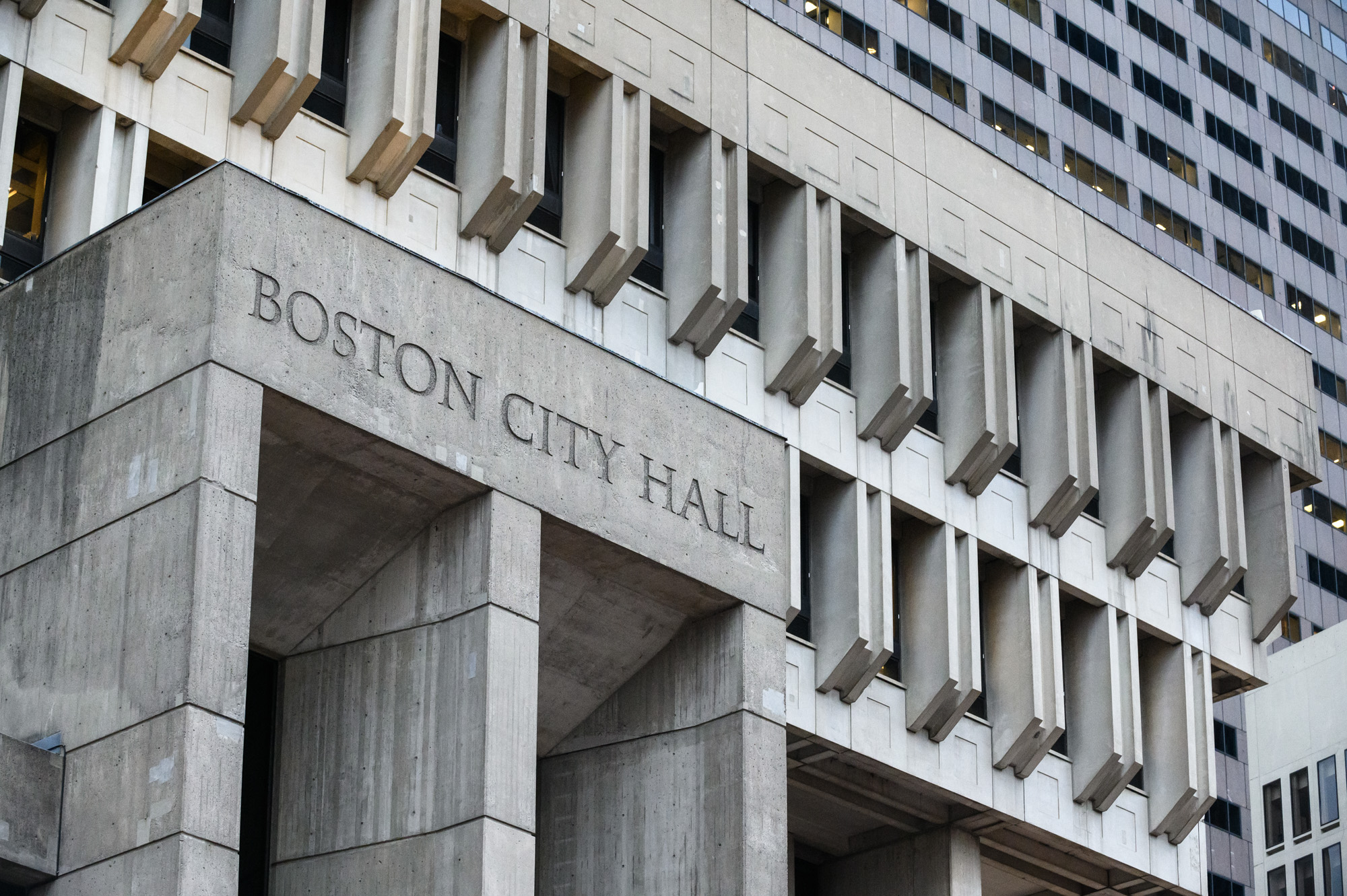Boston residents advocated for the rejection of the White Stadium renovation proposal during a City Council meeting on Wednesday at City Hall Plaza.
The City and Boston Public Schools were planning to renovate the White Stadium with support from Boston Unity Soccer Partners to serve as an athletic facility for the BPS Athletics Program.

Boston’s new National Women’s Soccer League, BOS Nation FC, also signed a 10-year lease to play at the White Stadium following renovations.
Earlier this month, the City estimated the project to cost $200 million, doubling the original estimate of $91 million.
During the meeting, Robert Peters, a founding member of the Franklin Park Tennis Association, expressed his concerns with the project’s price.
“The $200 million that we will be spending on the professional stadium is way too much on our taxes,” said Peters.
Similarly, Louis Elisa, president of the Garrison-Trotter Neighborhood Association, said for a project that has “no immediate identifiable benefits to the residents,” too much money has been spent.
“There is no real benefit to be obtained for the children, students or parents in Boston Public Schools by privatizing financing and shifting control of Boston public facilities,” said Elisa.
Andrew Zimbalist, an economics professor at Smith College, predicts this project will only generate “one-fifteenth of the City’s annual debt service costs,” while potential “team owners stand to gain a handsome capital gains tax write-off.”
The renovated stadium would include 10,000 seats, which would make the BOS Nation FC’s stadium tied for the lowest capacity in the NWSL, Zimbalist said.
“This pessimistic vision that the Boston’s women’s soccer team would be less popular than the other teams in the league is inadequate [and] unacceptable,” Zimbalist said.
Additional concerns raised at the meeting focused on the potential impact on the environment and the surrounding neighborhoods.
Although the plans are “potentially wonderful,” conservation of green space is the first priority, said Karen Mauney-Brodek, president of Emerald Necklace Conservatory, a nonprofit aiming to restore and renew Boston’s parks.
The current proposal requires the removal of 145 trees and two acres of public park space, Brodek said.
“The trees that are there are for all of us,” said Former City Council Member and Activist Jean McGuire. “Those trees you can’t cut down. You can’t denigrate what is alive.”
Clifton Braithwaite, a Boston statesman, said having a professional stadium would negatively impact the neighborhood.
“We would love to see the development, but not at the cost of us losing our community,” Briathwaite said.


















































































































